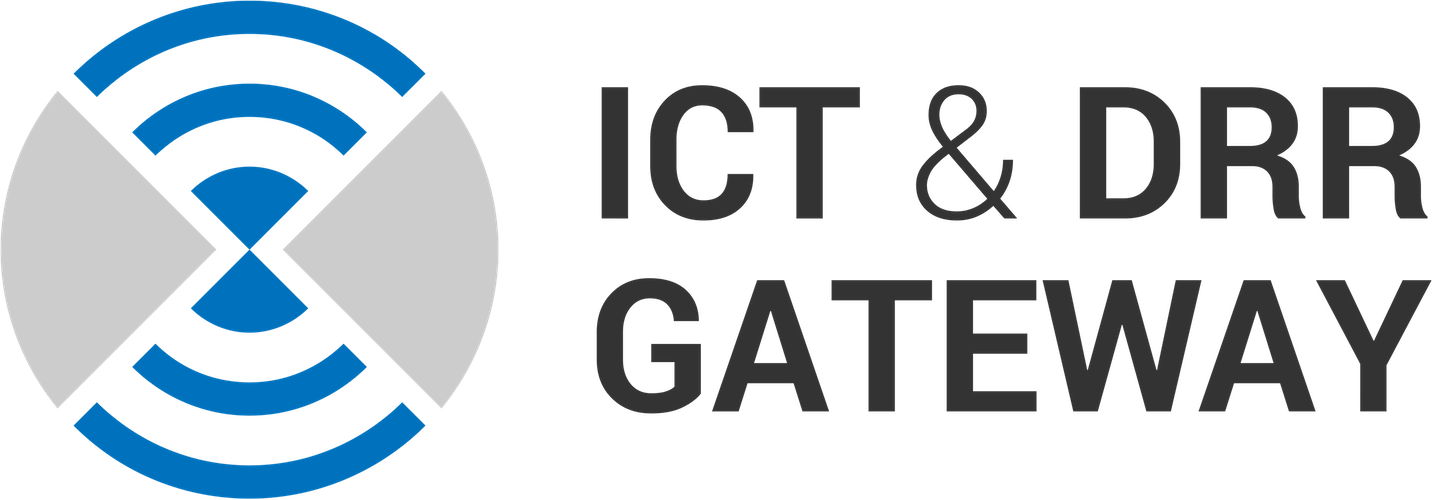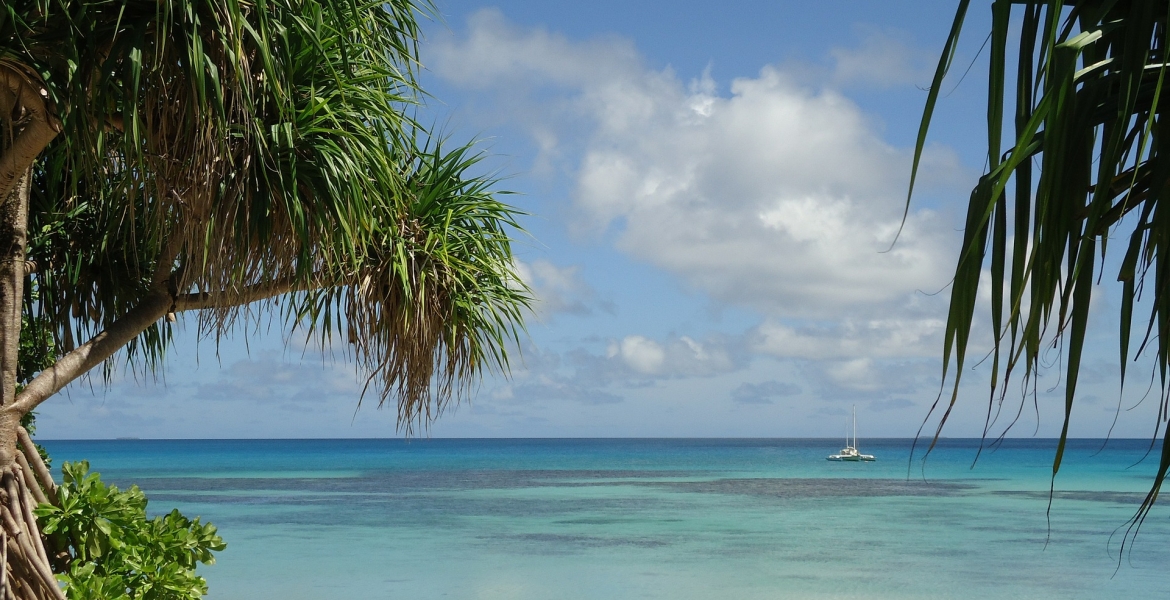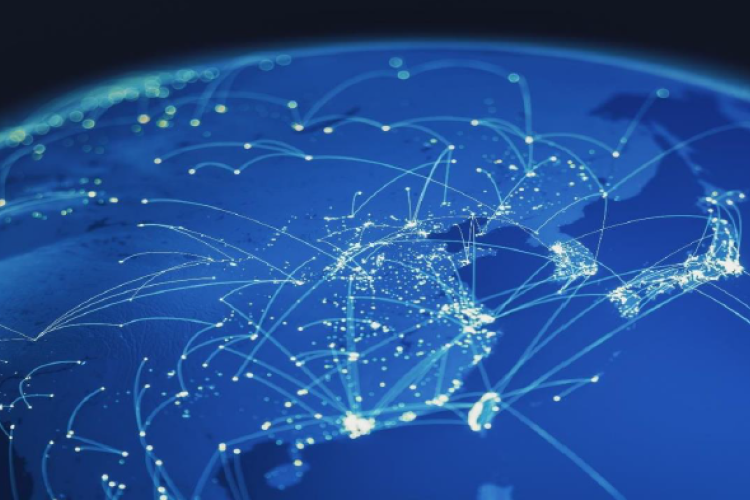Second Working Group on Pacific Internet Exchange Point (IXP) and capacity training workshop on IXP’s operational modalities (Virtual Meeting)
The establishment of IXPs can have positive impacts on affordability, latency and traffic capacity. Yet, in the Pacific, few countries have established IXPs. Papua New Guinea recently established an IXP in 2017 with assistance from Internet Society, APNIC and other partners which at the time was estimated to result in a 10% decrease of prices of Internet services. Fiji also established a national IXP in 2017 and reported that latency between local operators has improved significantly from 60ms to 2ms after its deployment.[2] The majority of other Pacific island countries do not have IXPs. Out of 12 Pacific island countries with data available on broadband affordability in 2017 (monthly expenditure on broadband service as a % of GNI/capita), only three are considered affordable (New Zealand, Australia and Nauru) for mobile-broadband services, while only two (Australia and New Zealand) are considered affordable for fixed-broadband services.
During a Pacific subregional AP-IS meeting in 2018, Vanuatu requested ESCAP and partners to conduct a feasibility study on establishing a Pacific IXP. In response, ESCAP collaborated with the Internet Society (ISOC) to conduct a feasibility study and found that a Pacific IXP is technically feasible by connecting IXPs in three countries (Fiji, New Zealand and Samoa). The main findings were shared in a capacity training workshop on establishing a Pacific IXP in December 2019. Following the training workshop, participants requested ESCAP to conduct a second study on the economics and operational modalities of establishing a Pacific IXP. In response, through the Asia-Pacific Information Superhighway (AP-IS) initiative Pillar 2 ‘Internet Traffic & Network Management’, ESCAP and the Internet Society (ISOC), are collaborating to conduct the second study and to conduct a subregional training workshop for government officials on raising awareness of implementing national strategies for improving Internet traffic management in Pacific island countries.
For more information, please visit: https://www.unescap.org/events/second-working-group-pacific-internet-exchange-point-ixp-and-capacity-training-workshop-ixp-s






